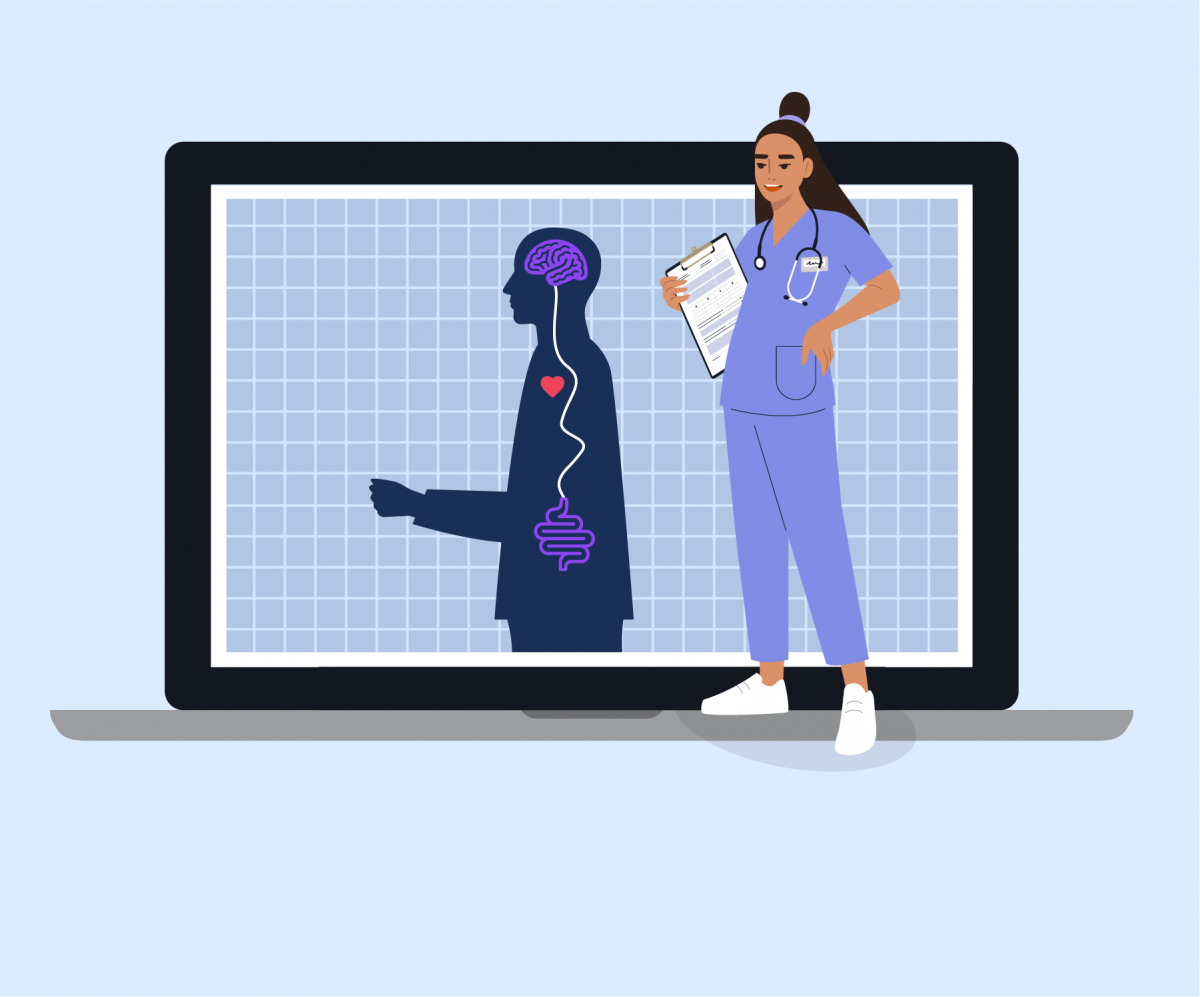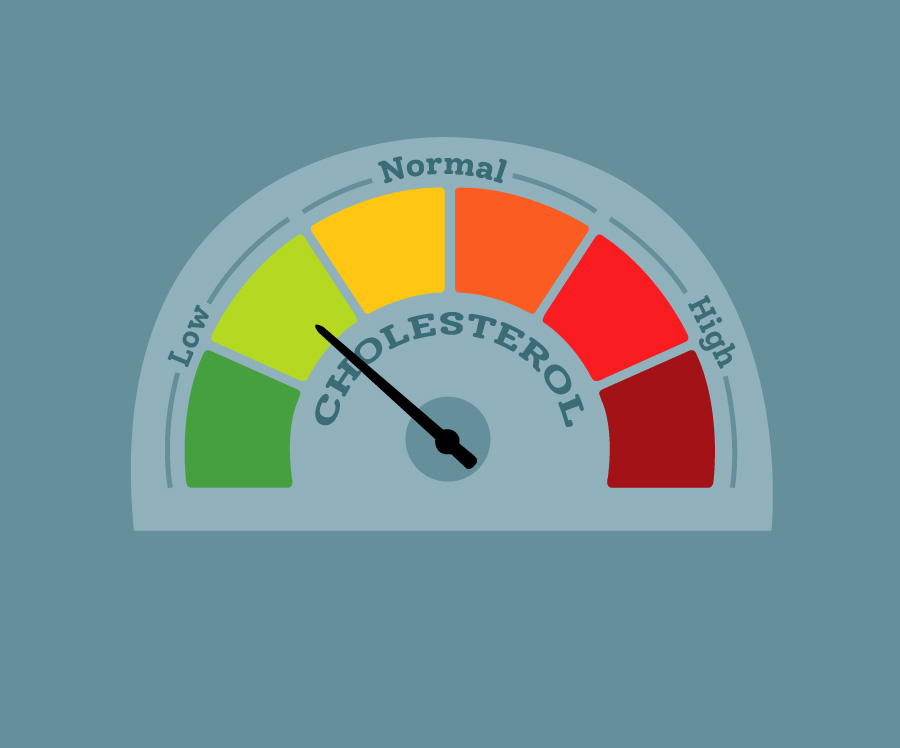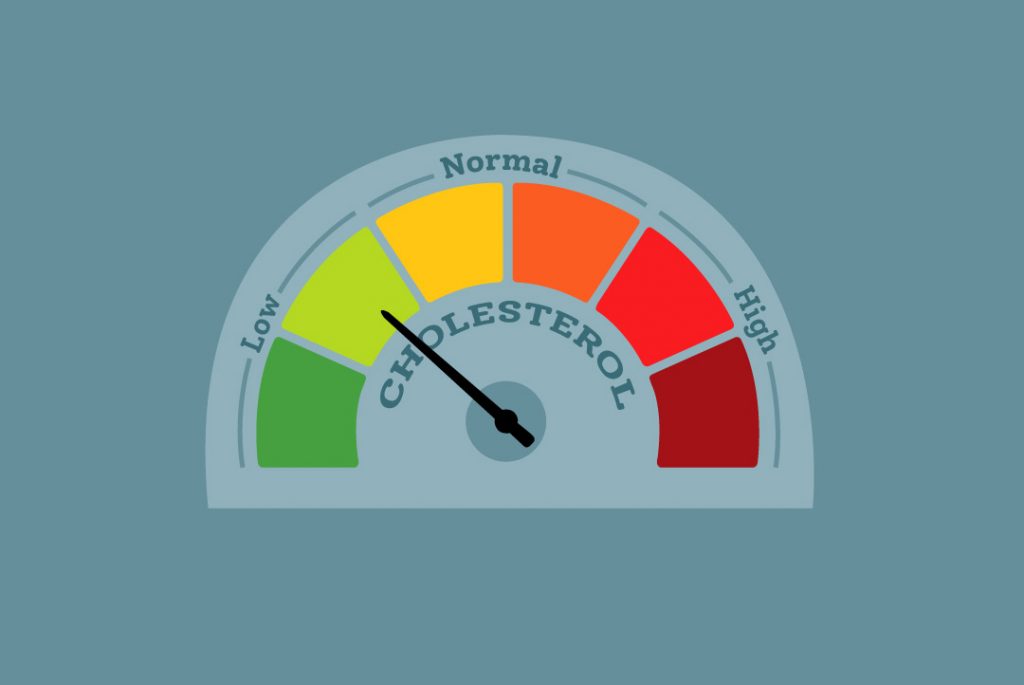EXPLORE MORE
JULY 2024
The gut-brain connection
Do you ever get butterflies when you’re excited or nervous? Or feel hungry after watching a pizza commercial on TV? That’s your gut communicating with your brain.
The relationship between these two parts of your body affects your mood, sleep and digestion. So, it’s important to get the right treatment if you have gut issues, such as bloating, constipation or acid reflux.
If these conditions affect you, you’re not alone — digestive disorders are the second most common diagnosis among Costco employees. That’s why Costco employees now have access to a new, free digestive health program from Cylinder to help get the best possible care for gut issues.
Looking for more? Find other articles below
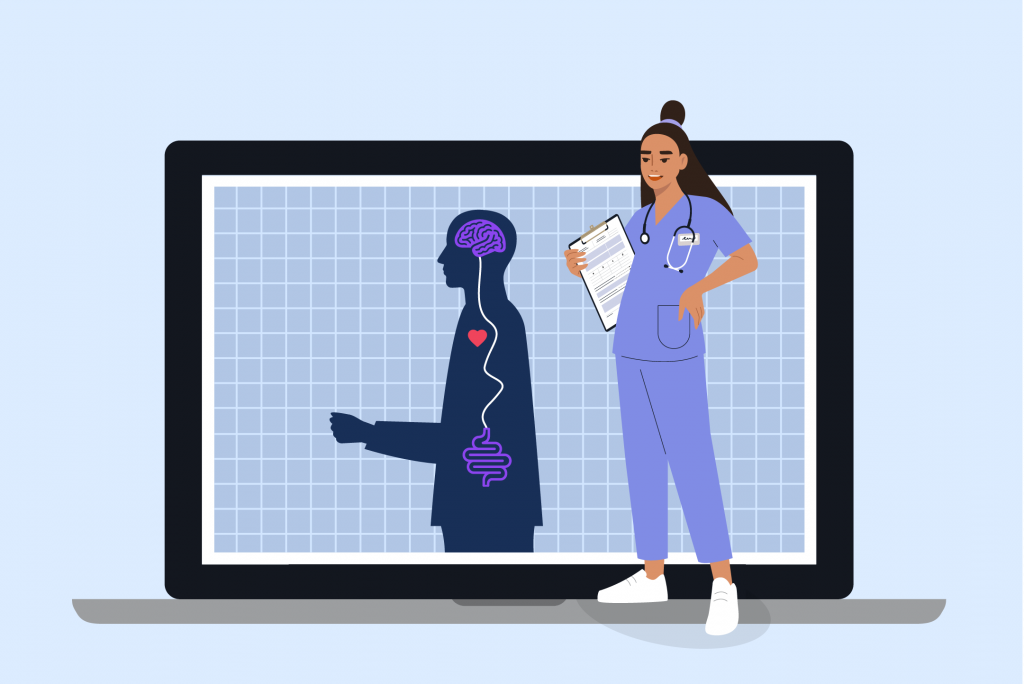
Substance misuse and the gut
95% of your body’s serotonin, the “happiness hormone”, is manufactured by gut bacteria. Misusing addictive substances, such as alcohol or narcotics, disrupts your gut health which lowers your serotonin levels. This can cause feelings of depression and anxiety. Restoring gut health is one way to help return serotonin to healthy levels, an important part of substance misuse recovery.
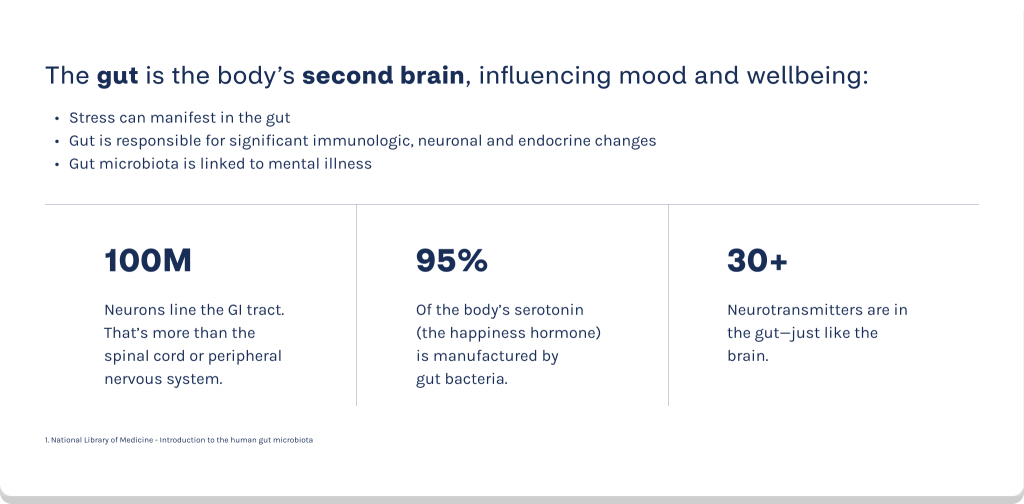
Gut health and diabetes
Gut health may also be tied to diabetes. For years, researchers have been studying the composition of the gut microbiome, a collection of microorganisms that include fungi, bacteria and viruses that live in the digestive tract. People with higher levels of certain bacterium are more likely to have insulin resistance, which can cause high blood sugar and diabetes. Improving your gut health can help balance your gut bacteria and may reduce symptoms and slow down the progression of the disease.
Your new digestive health benefit
If you’re one of the many people with gut issues, often suffering in silence, your new digestive health benefit from Cylinder can help. It’s available at no cost to employees and their family members age 18+ enrolled in a Costco medical plan.
This free virtual program offers 24/7 digestive health support, starting with a free at-home gut microbiome test to measure the good and bad bacteria in your gut. A registered dietitian and health coach will then work with you to get to the root problem of your digestive symptoms. This highly effective resource has helped 91% of users improve their GI health. For more information, visit Go.CylinderHealth.com/Costco and use access code: Costco or call 888-246-5019.
Better health starts with the gut. Get support from the resources below.
*Not available in Puerto Rico.
Sources:
National Geographic. Your gut health can affect the rest of your body. Here’s why.
Cedars Sinai. Gut bacteria may play a role in diabetes.


